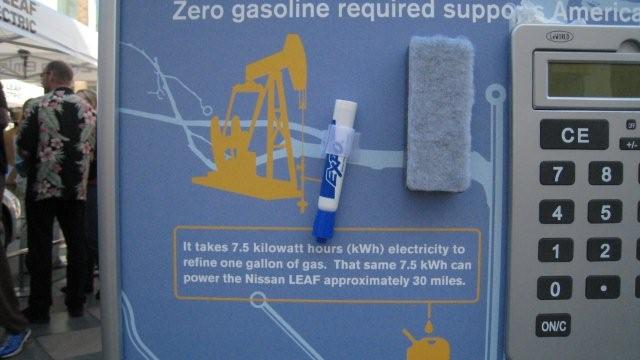graham
Active Member
I have seen many arguments that electric cars will overload the grid. Typically the argument is that we already have rolling brownouts and blackouts and having cars plugged in will only make it worse.
Additionally today while electric cars are so relatively expensive, I bet a large percentage of owners are considering generating their own power by solar. Of course as the price of electric cars falls, and the price of solar does not, that equation does change.






